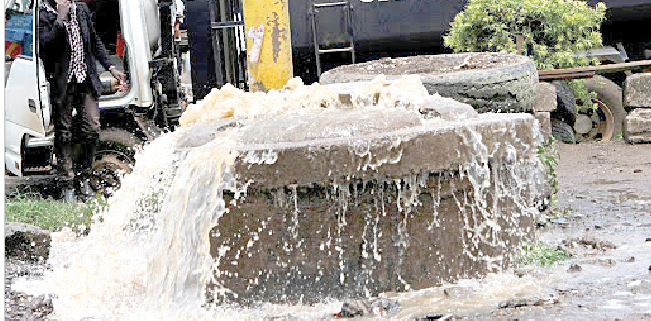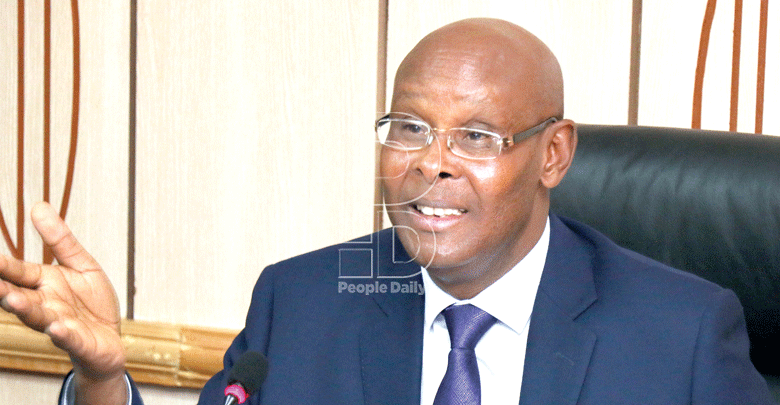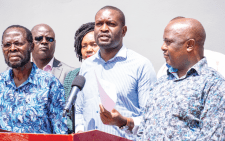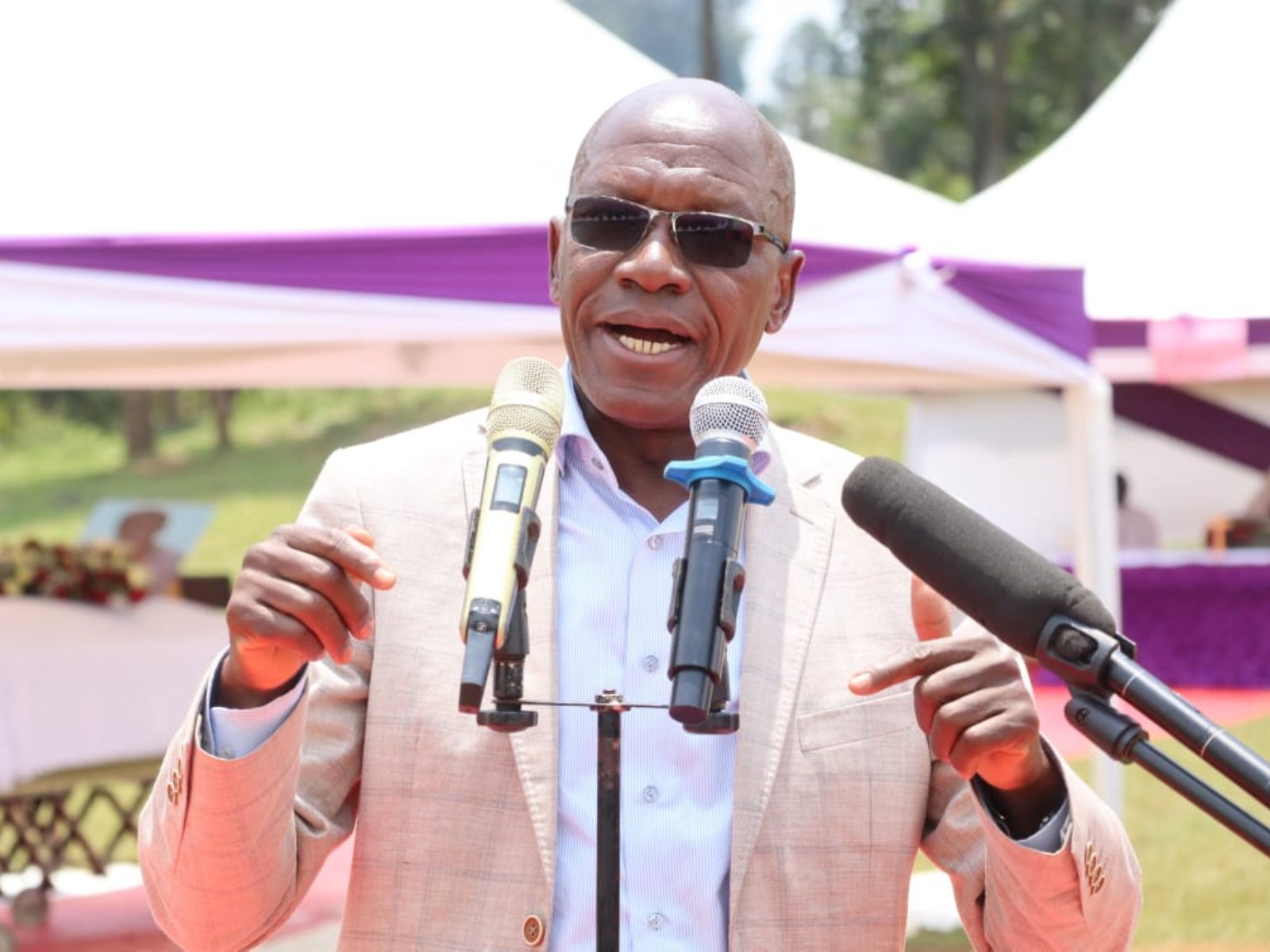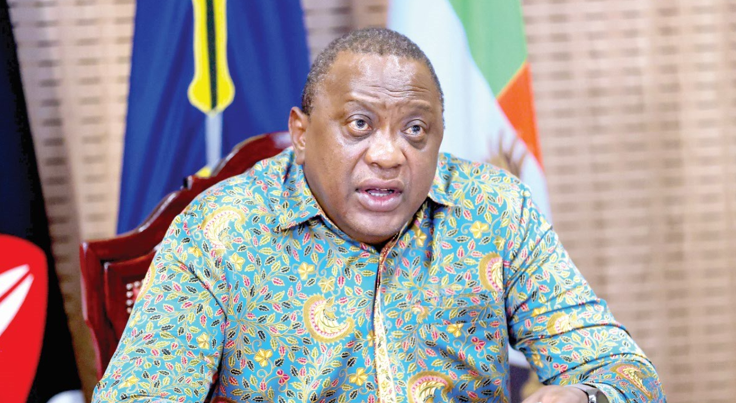Why Kenya’s Sh540b nuclear power plant faces opposition
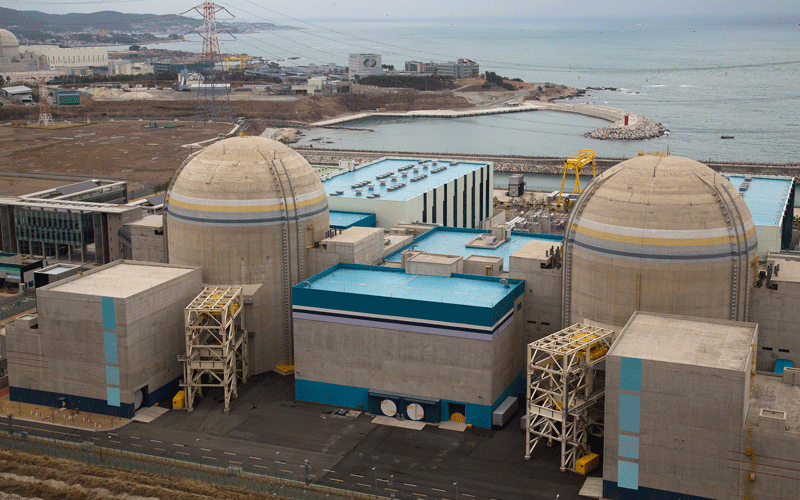
Steve Umidha @UmidhaSteve
Kenya may face a meltdown in relations with taxpayers on the energy choices it makes as it powers to a low carbon future on low demand amid surging costs, according to experts.
The country intends to build an estimated Sh540 billion nuclear power plant on the Tana River, despite growing reservations over environmental and safety issues as well as cost implications against the nuclear electricity option.
“Aside from economic arguments, there are numerous environmental and safety concerns.
Kenya cannot afford the costs of nuclear electricity, and the attendant human cost,” says Mwakio Tole, a Professor of environmental science at Pwani University.
A fortnight ago, Kenya Nuclear Electricity Board (KNEB) submitted a regulatory filing to National Environment Management Authority (Nema) for an initial 1,000 megawatts (MW) which it says could be quadrupled by 2035 – but experts believe this is a total waste of time.
Nuclear board
Hindpal Jabbal, an independent energy consultant says Kenya does not need a nuclear energy plant at this point, arguing that to put up a 1,000MW nuclear plant, the country will need to have a demand of about 20,000MW to warrant such a move.
He says the move is meant to keep the Nuclear board happy while at the same time misleading Mwananchi.
“This is a complete waste of time, people sitting at the top are misleading the country, we will need to have a robust industrialisation industry if we are to meet the needed demand, right now we don’t have it,” says Jabbal, who calls the move, a total ‘bullshit”.
It is also felt that a chunk of the suggested Sh540 billion meant for the ambitious project could fall into wrong hands, a recurring theme over the last few years which has seen taxpayers cough billions of shillings to non-existent development projects at inflated costs whose proceeds have ended up in the pockets of a few beneficiaries.
“Corruption in handling radioactive materials is another concern. Donated PPEs were diverted for sale at the airport.
Will nuclear materials not be diverted and sold to the highest bidder?” wonders Tole.
Instead, the professor believes that operational costs for solar plants would be a cheaper and better alternative in terms of fuel, personnel and plant maintenance costs as opposed to nuclear energy.
The country’s generation energy mix comprises 52.1 per cent from hydro, 32.5 per cent from fossil fuels, 13.2 per cent from geothermal, 1.8 per cent from biogas cogeneration and less than 1 per cent from wind and solar, respectively.
Kenyan taxpayer
The nuclear power station would be built by a private concessionaire but the Kenyan taxpayer would still have to pay for it through a Power Purchase Agreement with Kenya Power.
Nuclear power is very expensive to build and despite being relatively inexpensive to operate, associated costs to run it keeps rising.
Nuclear power is also characteristically risky according to experts who despite acknowledging it being “clean” because it does not have carbon emissions, it is thought due to the risk associated with a possible radiation leak, it can turn surrounding areas uninhabitable.
However, KNEB argues that hydropower will be unreliable because of the risk of drought.“Many countries around the world are shutting down their nuclear power plants.
It is not inconceivable that Kenya will be sold second hand components of the power plants being dismantled around the world,” adds Tole .
Kenya aims to have a nuclear power plant ready by 2027 of 1,000 MW and then quadruple that amount to reach 4,000 MW less than a decade later.
Those plans were first mooted in 2009 and by 2017 KNEB had signed a memorandum of understanding with four countries to help Kenya in capacity building.
Collins Juma, KNEB’s Chief executive explained that the journey to have a nuclear plant started in 2009 and already the organisation has done prefeasibility study.
“We have been doing the work for the last five years but we are hopeful that by 2024 construction works should begin, which will make us the second country in Africa after South Africa to set up a nuclear power plant,” he was quoted as saying in a recent report.

